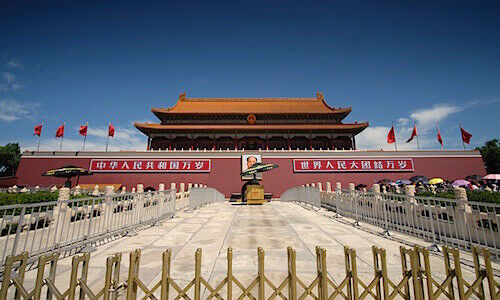2021: Top Challenges for China’s Financial Sector
2. Fintech Retreat
Once championed as leaders in the global future of finance, fintechs have become Beijing's latest target as they face roadblocks to growth due to increasing scrutiny and shrunken prospects from restricted access. Plans are already underway to discourage greater fintech inroads into financial services outside of payments and many major players like Tencent or JD.com have recently pulled out bank deposit products to follow the lead from Ant’s retreat.
Geopolitical factors have also weighed in to stifle Chines fintech expansion worldwide with Ant reportedly considering a sale of its stake in Indian digital payment firm Paytm amid relations between the two countries amid a bloody face-off from a border conflict this year. Greater profitability and diversification aside, curbed international access could prevent Chinese fintechs from obtaining even more important gains from innovation like intellectual property.
And Chinese fintechs have not only been affected by politics externally but also internally. In addition to a $35 billion IPO suspension reportedly instructed by President Xi Jinping directly, Ant and Alibaba founder Jack Ma has also recently been advised by Beijing not to leave the country while his tech empire undergoes major restructuring.
3. Global Capital Rejig
Even in the next administration, Washington is set to live the financial reality created by Donald Trump’s anti-China campaign which includes greater auditing scrutiny and a ban on military-related investments to curb U.S. capital inflows and potentially boot listed firms from the country off of American exchanges. But protectionism in capital markets is not limited to U.S. or India – the country has tightened scrutiny on all deal flows that involve Chinese firms in the transaction.
Australia registered its third consecutive years of decreasing investments in China, halving in 2019 according to Australian National University Data, amid souring relations and the trend is unlikely to see a reversal under President Scott Morrison’s administration. Political circles in Japan have also been vocal about even pressuring Chinese capital abroad with parliament member Jin Matsubara noting that the national government’s recent confirmation to comply with U.S. sanctions would create difficulties with real estate sales which would «infuriate the leadership of the Chinese Communist Party».
Despite its willingness to match the rhetoric of its foreign allies to pressure China on social issues, economic policy has not followed in the EU and it has acted as a major boon after the most recent investment agreement to connect the latter’s investors to the former’s markets, though this will not come into effect until at least early 2022.


























